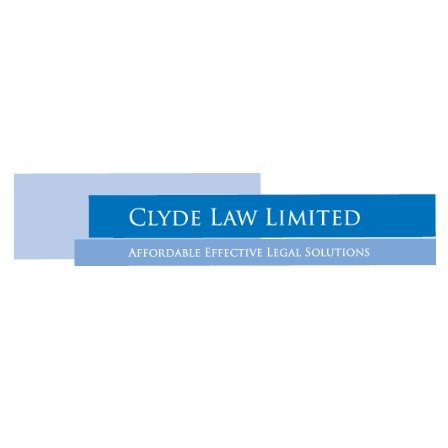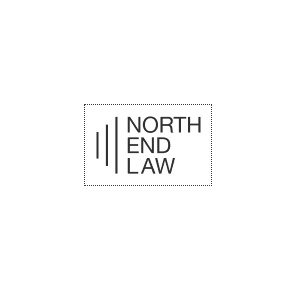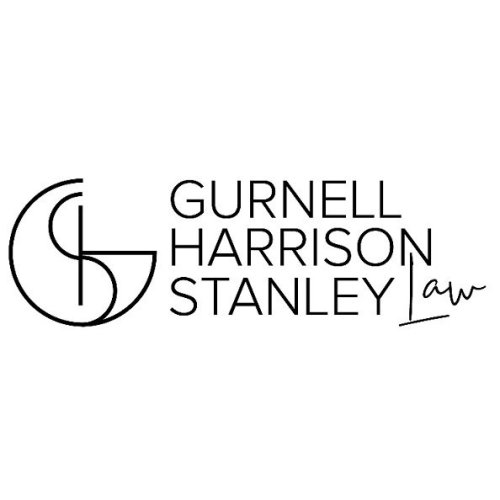Best Estate Planning Lawyers in Hamilton
Share your needs with us, get contacted by law firms.
Free. Takes 2 min.
List of the best lawyers in Hamilton, New Zealand
About Estate Planning Law in Hamilton, New Zealand
Estate Planning in Hamilton, New Zealand is primarily concerned with how one's assets and liabilities will be distributed after one's death. It may also include provisions for carrying out one's wishes if they become incapacitated. In New Zealand, estate planning often includes the creation of a will, appointing an executor, setting up trusts, and reducing or eliminating inheritance tax where possible. It's a crucial aspect of financial planning that ensures your loved ones are taken care of according to your wishes in the event of your death.
Why You May Need a Lawyer
You may need a legal advisor in estate planning for clear, professional guidance and to ensure no errors are made. They can aid in drafting a valid will, setting up effective trusts, nominating guardians for minor children, and advising on inheritance tax issues. If your estate is large, complex, or involves overseas property, it is especially crucial to get legal assistance. Lawyers are also needed in situations where you anticipate disagreements over the distribution of your assets.
Local Laws Overview
In Hamilton, New Zealand, estate planning is governed by several laws such as the Wills Act 2007, Trustee Act 1956, and Property (Relationships) Act 1976. If you die without a valid will ('intestate'), the Administration Act 1969 decides how your estate is divided. The law protects your spouse or partner and children, but may not distribute your estate as you would wish. To avoid this, it is important to have a valid will in place, which needs to meet specific legal requirements. New Zealand does not have an inheritance or estate tax, but other taxes and duties may apply.
Frequently Asked Questions
1. Can I write my own will?
Yes, you can write your own will, but it may not always be the best choice due to the legal complexities involved. Errors could make the will invalid or lead to disputes among heirs. Legal advice is usually recommended.
2. What happens if I die without a will?
If you die without a valid will, you've died 'intestate'. In this situation, New Zealand law dictates how your estate will be distributed, which may not align with your wishes.
3. What is a Living Will?
A living will, also known as an advanced healthcare directive, is a legal document that states your wishes for end-of-life medical care should you become unable to communicate your decisions.
4. Do I need to pay inheritance tax in New Zealand?
New Zealand does not impose an inheritance or estate tax, but other taxes might apply during the administration of your estate.
5. What is a Power of Attorney?
A power of attorney is a document that assigns someone to manage your affairs if you are unable to do so, this can include personal care decisions or property and financial matters.
Additional Resources
The New Zealand Law Society provides information and can help find a lawyer specialising in estate planning. The Inland Revenue Department provides details regarding tax affairs related to estate planning. The Public Trust offers estate planning services and administers many estates in New Zealand.
Next Steps
If you need legal assistance in estate planning, start by finding a reputable lawyer specialising in this field. Prepare a list of your assets, liabilities and potential inheritors to share with your lawyer. Furthermore, establish your wishes for the distribution of your estate and for your personal care if you become incapacitated.
Lawzana helps you find the best lawyers and law firms in Hamilton through a curated and pre-screened list of qualified legal professionals. Our platform offers rankings and detailed profiles of attorneys and law firms, allowing you to compare based on practice areas, including Estate Planning, experience, and client feedback.
Each profile includes a description of the firm's areas of practice, client reviews, team members and partners, year of establishment, spoken languages, office locations, contact information, social media presence, and any published articles or resources. Most firms on our platform speak English and are experienced in both local and international legal matters.
Get a quote from top-rated law firms in Hamilton, New Zealand — quickly, securely, and without unnecessary hassle.
Disclaimer:
The information provided on this page is for general informational purposes only and does not constitute legal advice. While we strive to ensure the accuracy and relevance of the content, legal information may change over time, and interpretations of the law can vary. You should always consult with a qualified legal professional for advice specific to your situation.
We disclaim all liability for actions taken or not taken based on the content of this page. If you believe any information is incorrect or outdated, please contact us, and we will review and update it where appropriate.
















